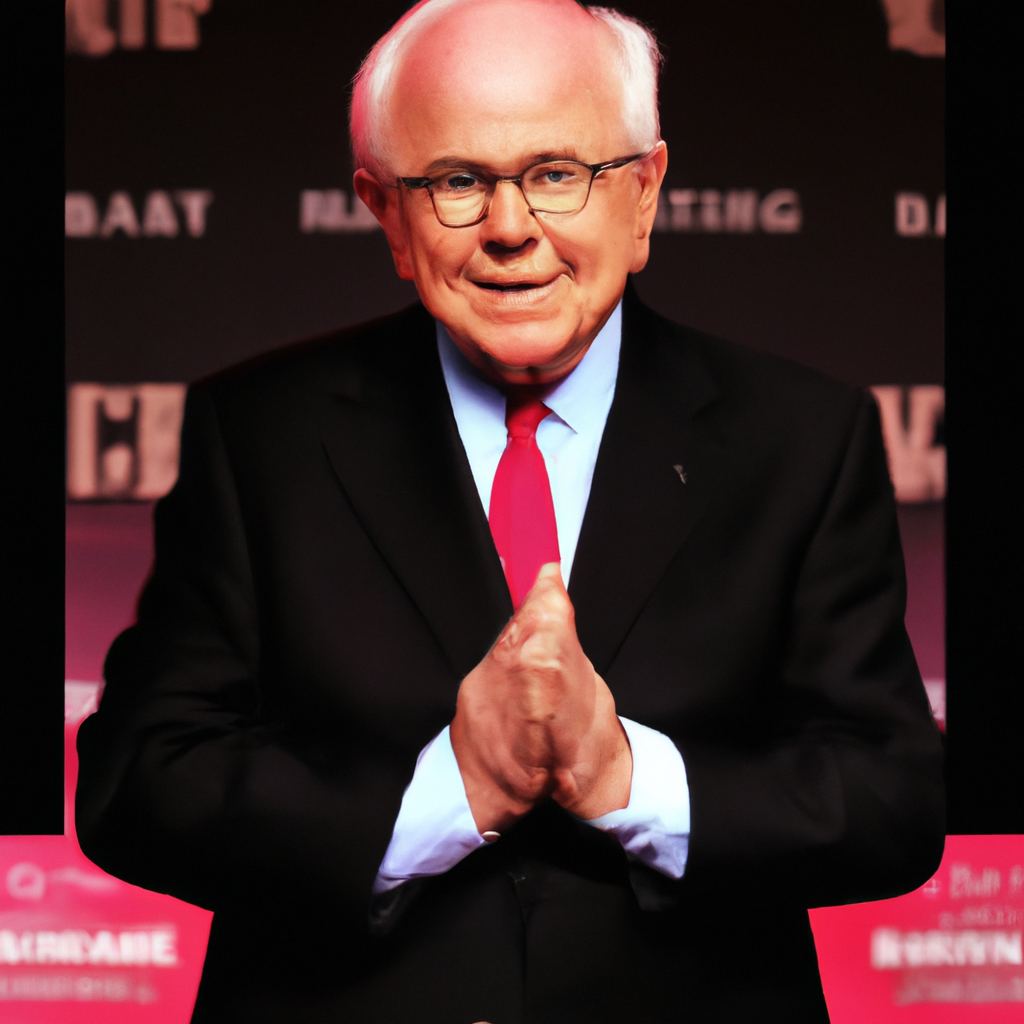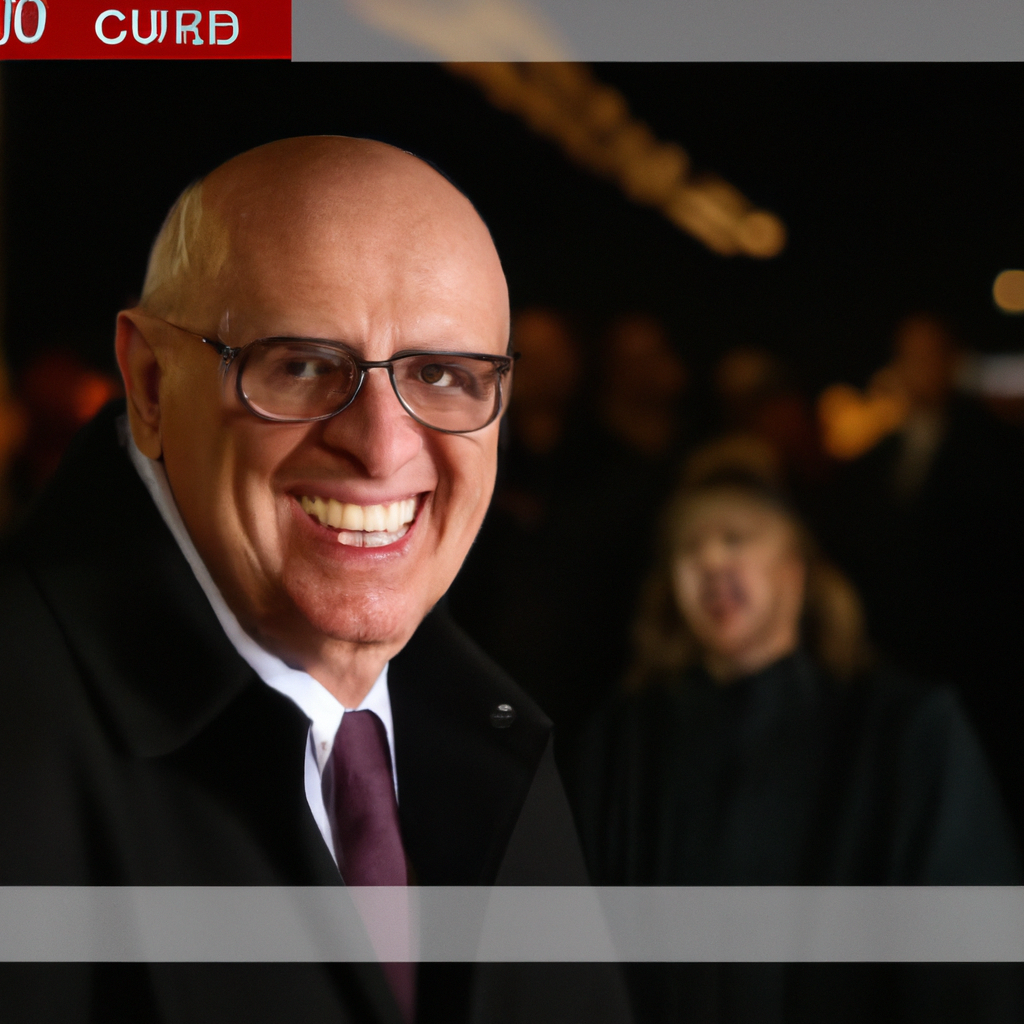Read in your native language
english german french spanish portuguese hindi punjabi urdu korean vietnamese thai malay indonesian turkish ukrainian romanian swedish norwegian finnish danish hebrew czech slovak serbian croatian
Retirement Age Controversy: Buffett vs. Arnault
In a surprising twist within the corporate world, Bernard Arnault, the renowned CEO of LVMH, raised the retirement age for executives at his company to 80 from 75 in 2022. This change sparked the interest of fellow billionaire and Berkshire Hathaway CEO Warren Buffett, who penned a letter advising Arnault that he should have increased it even further. As Bloomberg reported, both influential figures share a passion for their work, with each deeply committed to the legacy of their respective companies.
Involved Perspectives
1. Bernard Arnault
As the head of LVMH, Arnault has established a formidable empire that includes luxury brands like Louis Vuitton and Tiffany & Co.. The benefits for Arnault in extending the retirement age include:
- Retaining experienced leadership to preserve LVMH's legacy.
- Encouraging seasoned managers to remain, thus ensuring continuity and stability.
However, risks and losses include:
- The potential for stagnation if aging leadership cannot adapt to market changes.
- Concerns over succession planning as leadership ages.
2. Warren Buffett
Buffett, with decades of investment experience, views the situation through a lens of corporate governance based on the belief that great managers improve over time:
- He benefits by advocating for high-quality leadership that can navigate complex challenges.
- Buffett's advice reflects his belief in human capital as a crucial asset in corporate management.
Conversely, risks for Buffett include:
- The potential backlash if Arnault's strategy leads to poor performance.
- Public perception if overly aged executives lead to strategic blunders.
Relevance Analysis
The discussion around executive retirement age is particularly relevant as both Arnault and Buffett embody the ambition and persistence characteristic of their respective generations. They each command substantial influence, raising questions around the sustainability of leadership across different ages. This discourse is not merely about numbers; it signifies a deeper debate about transitioning leadership and heirloom management.
Conclusion
The exchange between Buffett and Arnault highlights the nuanced views on the corporate landscape regarding retirement age and its implications for the future of their companies. How companies navigate the balance between maintaining wise leadership and ensuring innovative succession will be central to their long-term success.
Keywords: Arnault, LVMH, Berkshire Hathaway, Buffett, retirement age
Author: Andrej Dimov
Published on: 2024-07-29 12:22:29



